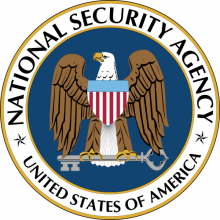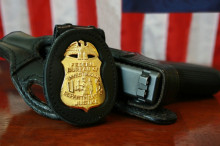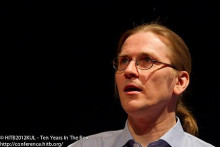NSA phone records program aids investigations, defenders say
Critics of the U.S. National Security Agency’s U.S. telephone records program are missing the point when they say the agency can’t point to one case where the collection was critical to preventing terrorism, two people formerly involved with the program said.
The phone records collection program may not be the only tool that stops terrorist plots, but it’s an important tool that helps lead investigators to terrorists, said Steven Bradbury, who was head of the Office of Legal Counsel at the U.S. Department of Justice under former U.S. President George W. Bush.






































































